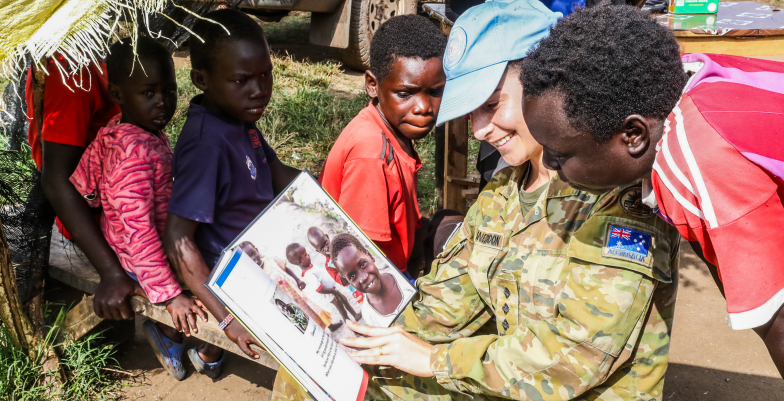The EU and the United Nations
Cooperation between the European Union and the United Nations system, including the UN Secretariat and the various UN Agencies, Funds and Programmes, spans across all policy areas.
On This Page
Navigate the topic
EU-UN Cooperation
Cooperation between the EU and the UN takes place across a broad range of areas: human rights, sustainable development, climate change and environmental protection, digital, peace building, crisis management, disarmament and non-proliferation, humanitarian assistance, fighting corruption and crime, advancing global health security, managing migratory flows and labour issues. Out of 21 EU Common Security and Defence Policy (CSDP) missions and operations, 13 are deployed alongside UN missions in Mali, the Central African Republic, Somalia, Libya, Iraq, Israel/Palestine and the Western Balkans, supporting or directly contributing to the implementation of the UN mandates.
EU financial support to the UN
In the last ten years, the European Commission alone committed EUR 20 billion to the UN and its agencies, funds and programmes. Collectively, the EU and its Member States are the largest financial contributor to the UN system, providing about a quarter of all the voluntary contributions to UN funds and programmes. The Member States of the EU together contribute almost a quarter of the UN’s regular budget and a quarter of its peacekeeping budget, and account for more than half of all contributions to the UN Peacebuilding Fund.
EU-UN strategic partnership on peace operations and crisis management
The EU and the UN cooperate closely in crisis management around the world. In 2003, when the EU deployed its first civilian and military operations, the two organisations issued a Joint Declaration on EU-UN Cooperation in Crisis Management. Since then, they have strengthened their strategic partnership. In December 2021, the EU and UN renewed the priorities for cooperation on peace operations and crisis management for 2022-2024. The Strategic Compass adopted in March 2022 further calls for a reinforced EU-UN strategic partnership on the basis of the new set of priorities.




